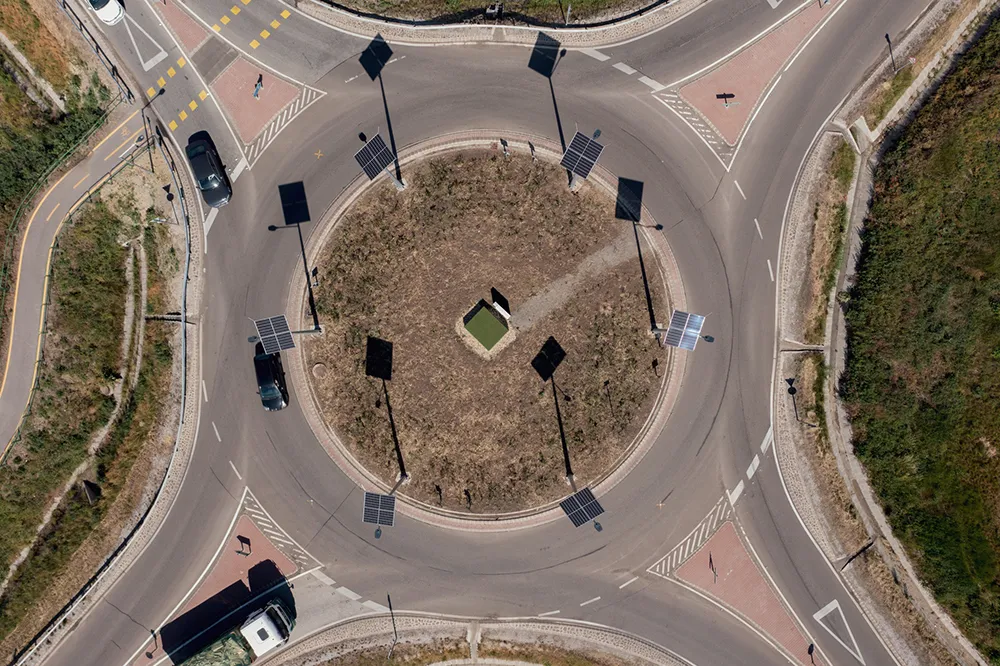The first charge points are expected to be operational within a few months and will power vehicles in close to 30 minutes, compared with the three to four hours when using a standard unit. The initial aim is to see 75 charging points in the ground by the end of this year, with the network growing to 150 by the end of 2018 and 300 fully functioning by 2020. The integrated network means drivers can use all five suppliers at no additional cost.
TfL is working with the boroughs and investing US$23 million (£18 million) to unlock potential sites, including upgrading the power supply. Strategic hubs are also being evaluated on arterial roads, owned and maintained by TfL, and on private land, including Heathrow Airport and multiple Shell service stations. These are off-road locations that have potential to house a number of rapid charge points.
Customers will be supported by 24-hour, seven-day-a-week call centres and have the latest information at their fingertips, such as the location and availability of charging points, both on the web and through apps. The location data will be made available, tapping into the creativity of the app-developing community.
TfL appoints electric vehicle charge point operators
Transport for London (TfL) has appointed the Centrica Consortium, BluepointLondon, Chargemaster, Electricity Supply Board (ESB) and Fastned to provide the rapid charging points that the capital needs for electric vehicles. They will fund, maintain, operate and install the network. The first charge points are expected to be operational within a few months and will power vehicles in close to 30 minutes, compared with the three to four hours when using a standard unit. The initial aim is to see 75 charging poi
April 27, 2017
Read time: 2 mins









